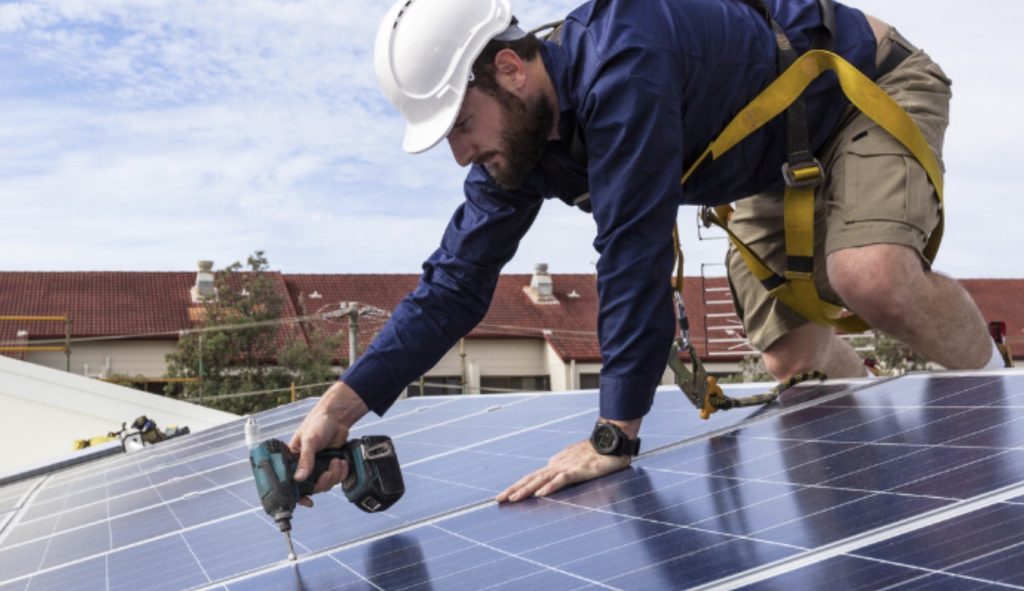Investing in solar energy is not only beneficial for the environment but also for your wallet in the long run. However, the upfront cost of installing solar panels can be a significant barrier for many homeowners and businesses. Fortunately, there are several financing options available to make solar energy more accessible and affordable. In this blog post, we’ll explore the basics of solar financing and help you understand your options for funding solar projects.
- Solar Loans: Solar loans are a popular financing option for homeowners and businesses looking to install solar panels. With a solar loan, you borrow money to cover the upfront cost of the solar system and repay the loan over time, typically through monthly installments. Solar loans come in various forms, including secured loans, unsecured loans, and home equity loans, each with its own terms and interest rates.
- Solar Leases: Solar leases allow homeowners and businesses to “rent” a solar energy system from a solar provider for a fixed monthly fee. With a solar lease, you do not own the solar panels outright but instead pay for the electricity generated by the system. Solar leases often include maintenance and monitoring services, making them a convenient and hassle-free option for those looking to go solar without a large upfront investment.
- Power Purchase Agreements (PPAs): Power Purchase Agreements (PPAs) are similar to solar leases but operate on a slightly different model. With a PPA, a third-party solar provider installs and owns the solar panels on your property, and you agree to purchase the electricity generated by the system at a predetermined rate. PPAs typically offer long-term contracts with fixed or escalating electricity prices, providing stability and predictability for energy costs over time.
- Government Incentives and Rebates: Many governments offer incentives and rebates to encourage the adoption of solar energy. These incentives can include tax credits, grants, and rebates that help offset the cost of solar installations. In the United States, for example, the federal Investment Tax Credit (ITC) offers a tax credit of up to 26% of the cost of solar installations for residential and commercial properties.
- Property Assessed Clean Energy (PACE) Financing: Property Assessed Clean Energy (PACE) financing is a unique financing option that allows property owners to finance energy efficiency and renewable energy upgrades through property tax assessments. PACE financing programs offer low-interest loans with long repayment terms, allowing property owners to spread out the cost of solar installations over time and repay the loan through their property taxes.
- Cash Purchase: For those who can afford it, cash purchase is often the most straightforward and cost-effective way to finance a solar project. By paying for the solar system upfront, homeowners and businesses can avoid interest charges and ownership restrictions associated with loans and leases. Cash purchases also offer the greatest long-term savings potential, as homeowners can benefit from solar energy without ongoing monthly payments.
When it comes to financing solar projects, it’s essential to explore all your options and choose the solution that best fits your financial situation and energy goals. At Brandon Peggau, we offer guidance and support to help you navigate the complexities of solar financing and find the right solution for your needs. Contact us today to learn more about how we can assist you in funding your solar project and making the switch to clean, renewable energy.

